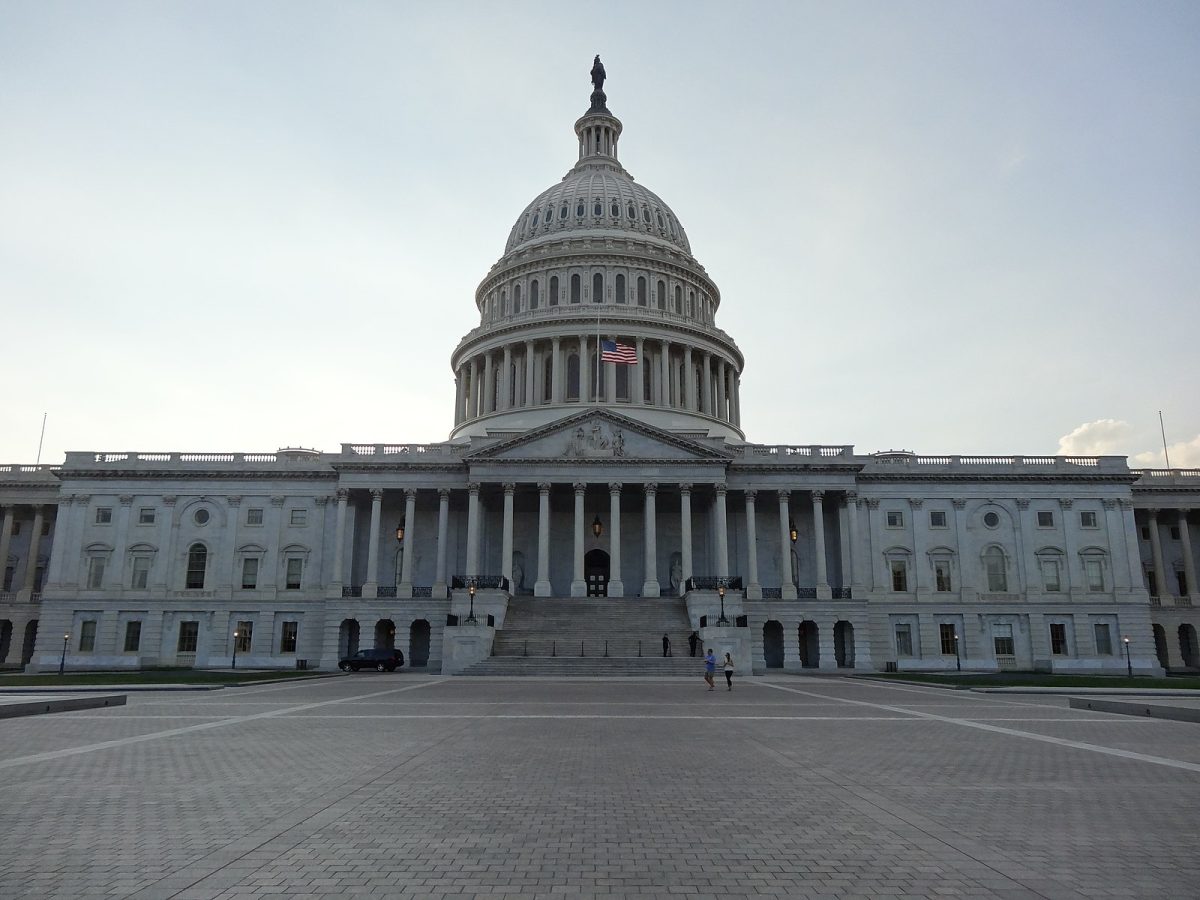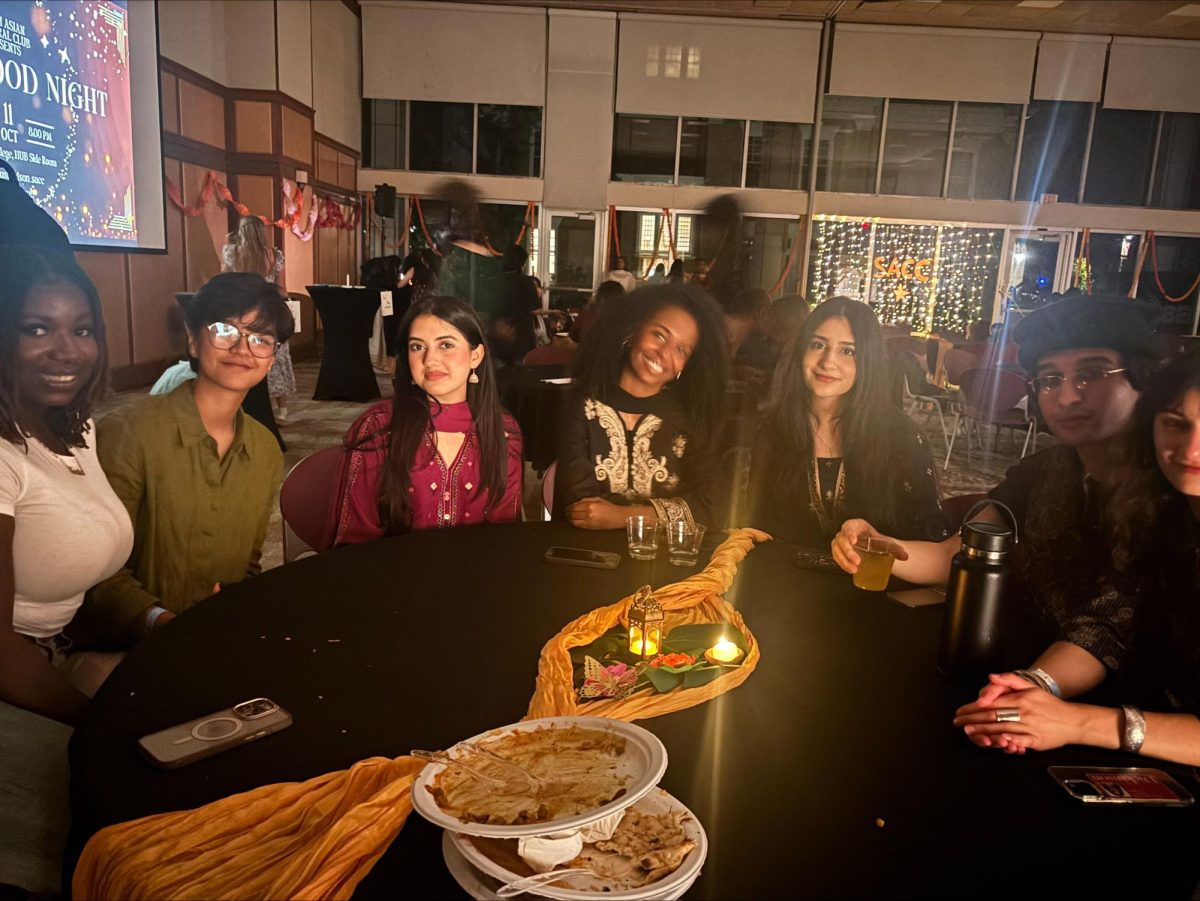Dr. Blayne Harcey is Dickinson’s newest Religious Studies professor. Harcey received his PhD from Arizona State University in 2024, focusing on Buddhist pilgrimage practices and ritual. During the Fall 2025 semester, Harcey is teaching RELG 222, titled Cultivating Compassion. The course explores, across the 2500 years of Buddhism, how individuals and communities have developed practices to cultivate positive ethical dispositions and achieve spiritual aims.
One of the practices forms Harcey implements into his teaching method is mindfulness meditation. At the beginning of each class, Harcey engages his students in a ten-minute meditation—focused on bringing awareness to the present moment. Meditation has been linked to a multitude of benefits, including positive outcomes such as a reduction in anxiety. Starting the class with meditation, Harcey notices that his class is more present throughout the lesson with descriptions of the meditation as peaceful and calming. However, he also states that having students meditate in the classroom is a safer space for individuals just being introduced to the practice. One of the primary reasons for this is that, should any questions or difficult imagery arise, Professor Harcey has years of experience to help his students cope with this. Historically, meditation has been taught alongside the Buddhist and Hinduism tradition. Harcey is not introducing a new concept, but reintroducing it into the Western tradition.
In Spring 2026, Harcey is planning to teach two courses: Contemplative Practices in Asia and RELG 260: Yoga in Theory and Practice. Yoga in Theory and Practice will discuss the different forms of yoga in Buddhist and Hindu traditions. Harcey will also discuss how yogic practices became amplified in the modern Western tradition. Contemplative Practices in Asia will discuss different approaches to linking the mind and body through a comparison of the different practices, religions, and philosophies across Asia. Harcey plans to continue his ten-minute meditation at the beginning of these classes as well.
So far, Harcey’s introduction to the Religion department at Dickinson has been positive. As Professor Peter Schadler, chair of the Religion department states, “It’s terrific to [have a professor to lead meditation]. What better place to have a relationship [between the mind and body] than in the classroom. [This] improves both experience and practice.” As he continues his first teaching year at Dickinson, the opportunity for students to connect more with their minds and spirits seems like an increasing possibility. Given his approach to the classroom, one can wonder with anticipation at the unique experiences students will have.





